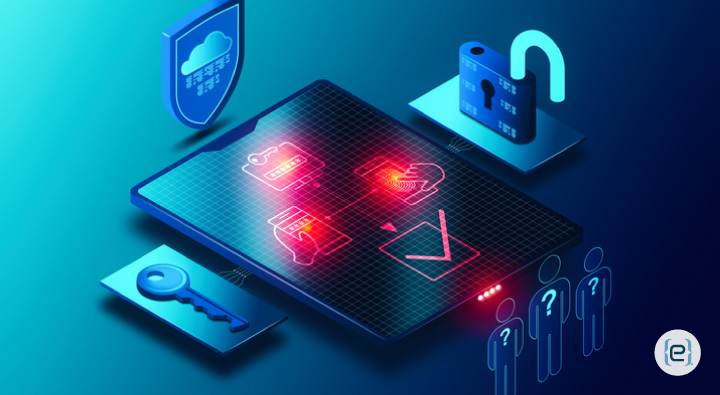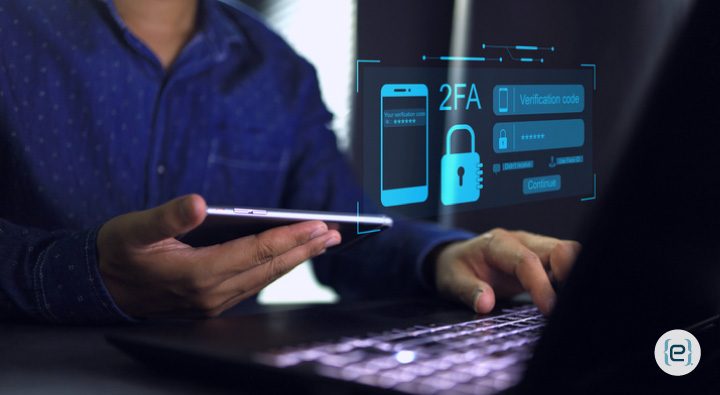Taking your business online is one of the best moves you can do in today’s world, but you must know that your online activity can be vulnerable to cyberattacks if it is not protected. In this article we will explain why Two-Factor (2FA), or Multi-Factor (MFA) Authentication, is crucial for website security.
It is called Two-Factor Authentication because — while logging in to a website or any IT system — besides the regular password, the user or administrator has to provide a second form of verification or identification. So 2FA is just an extra layer of protection that is necessary for every website today; and is the best way to secure your business website. With 2FA, even if a bad actor manages to steal your password or fetch it by Brute-Force attacks, they will not be able to log in to the IT system. If you have not implemented Two-Factor authentication on your business website, you should do it immediately, since not having 2A puts you at a huge risk.
Main reasons to implement two-factor authentication
· Enhanced defense against credential theft
Cybercriminals have developed ways to crack or steal passwords, giving them access to sensitive business websites or systems. When your website has 2FA implemented, it makes it hard for an unauthorized user to gain access, since the website will require additional identification before logging the user in.
· Defend against phishing attacks
Phishing attacks can deceive users into revealing their passwords without realizing it. By enabling Two-Factor authentication you add an essential layer of cybersecurity. This means that even if bad actors obtain your password, they can’t access the back end of your website without the second verification step.
· Guard against credential stuffing
Many users tend to utilize one username and password when creating multiple online accounts. Bad actors know this, and when they gain possession of one credential, they often try using it on different sites. But if you have 2FA in place, they will not gain access, effectively reducing the number of successful credential stuffing attacks.

· Securing remote access
If your computer is lost or stolen, the person who now possesses the device can access your IT systems or websites. However, MFA will protect your systems, even in such scenarios. MFA also helps in limiting the number of employees who can access your business system or website by impersonating another employee.
· Comply with regulatory requirements
Regulatory authorities in the finance, healthcare, government, and other sectors often require the protection of customer data. The best way to meet this requirement is to implement two-factor authentication.
With 2FA, you will limit access to data, and ensure it is not linked to or breached by attackers.
· Improved user trust
Clients and others will develop high trust in your business website once they see you have implemented 2FA. This will indicate that you take your website security seriously, while assuring the safety of their data.
Given the increase in data breaches and cyberattacks, it is critical to develop user trust. Today, word-of-mouth alone is not enough to win users’ trust. You must demonstrate action, and there is no better way to show users you will protect their information than through 2FA.
· Adapt Your Defenses to Emerging Threats
Cyber attackers constantly develop new ways to attack business websites, so your defenses have to keep up. Two-Factor Authentication has withstood many cyberattacks.
Hackers continue to develop sophisticated attacks that can steal your password, so relying on password authentication alone is no longer an effective way to protect your business website and data. Two-factor authentication gives your website an additional layer of protection that is hard to breach. By implementing 2FA, you can rest easy knowing that unauthorized actors will gain access to your website.
If you want to know more about implementing Two-Factor authentication, please contact eMazzanti for assistance.







